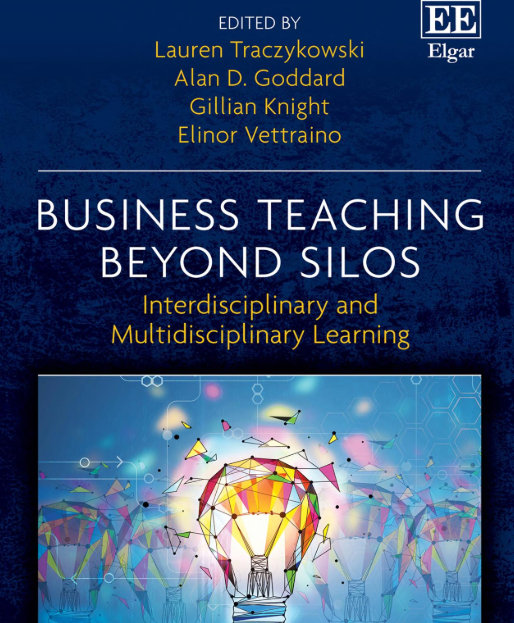BOOK CHAPTERS
A collection of book chapters that are part of larger sector-specific books and education-focused books
‘Sustainable Rating Agencies’
This chapter aims to introduce the sustainable rating marketplace to the reader. In doing so, a foundation is developed so that the actual mechanisms of the agencies can be analysed and assessed against the larger ESG-focused backdrop currently developing within the broader financial system. With there being a marked change towards the incorporation of ESG-related information within financial decision-making, and also with regulatory policies aimed at increasing ESG-related disclosure practices, the methodological footing of the sustainable rating agencies is incredibly important to understand. To accentuate this analysis, the development of the sustainable rating marketplace will also be analysed, mainly on account of a number of recent developments which hint at both the increased importance of the sector, but also the potential of a sector-defining revolution taking place at the moment. Whilst the focus of the chapter will be on the ‘sustainable rating agencies’, it is not prudent to review the sector without including an analysis of the leading credit rating agencies, who are making a massive and concerted movement into this marketplace via a number of M&A deals and alterations to their business focus; the chapter will undertake that analysis also.
‘ESG Rating Agencies: The Emerging Power’
The bourgeoning field of ‘ESG Ratings’ is at a crossroad in its development. Facing regulation for the first time, the utility of the service is being critiqued and considered especially as European Regulations push for increased and better disclosure. In this chapter, the field is surveyed as it continues to morph into an industry that provides for a useful service to investors, debt issuers, and regulators. However, the chapter incorporates foundational questions that provide for a novel understanding of this ever-developing field, including the impact of subjectivity that ESG-related considerations bring rather than financial considerations, the concept of ‘trust’ and the need for it in this new field, as well as the fundamental and structural purpose of the industry. The pioneering push by the European Commission to regulate this industry, and the factors that have, and continue to affect that regulation serve as the anchor for this chapter.
‘How to Make Students Move on From FE to HE: Developing Writing Skills’
As student numbers within the Higher Education (HE) system continue to increase in the U.K., there is a need to assess how best HE practitioners impart certain skillsets on the ever-growing cohort. Whilst there are many aspects that need to be considered, this chapter focuses upon a central aspect, and that is how a student may most effectively communicate their understandings with the written word. Based upon practical experience, this chapter discusses an approach that has been instituted and the rationale that underpinned its adoption. In describing the mentality and sentiments that formed this approach, the chapter aims to communicate a considered approach to facilitating an increased understanding of the process of writing at HE level and beyond.
‘Multidisciplinary Teaching of Business and Law: Getting the Focus Right’
Written with Dr Adam Shaw-Mellors - Teaching law in a business school is a practice witnessed across the world and comes in a variety of guises. In this chapter, we take a step back from the content of the particular session, module, or course one may be leading and look at the best ways to approach the teaching of business school students. We focus on the role of the tutor, and the background of the student but marry these analyses with an understanding of what the student needs and why they need it. We conclude by providing easy-to-implement advice to assist with the development of the business school student.
‘Building the Student Employability Journey’
Written with Dr Adam Shaw-Mellors - All students need assistance with building their careers. Furthermore, the increased focus on the accessibility of Higher Education means that more students than ever rely on their University to provide skill-sets and connections that their familial networks may not be able to provide. In this chapter, we provide a picture of a coordinated and purposeful ‘journey’ that can be built for a student progressing through every level of Law School in the UK. We provide a considered rationale as to why each stage of the student’s development requires different employability-related approaches, ranging from work experience and mentor-based scholarships, through exposure to professionals in a variety of ways, to personal assistance with applications for industrial placement and/or graduate-level opportunities via internal roles like that of the Personal Tutor. The chapter presents a coordinated model for the considered injection of employability across the Law Degree by joining together the different stages to form a coherent employability strategy that can develop all students on the programme, irrespective of background. Employing a strategy that is based on the need to challenge students but supplemented by extensive support procedures has the added benefit of playing a crucial role in internalising the concept of inclusion and progressing future generations and this chapter seeks to present such a strategy.




